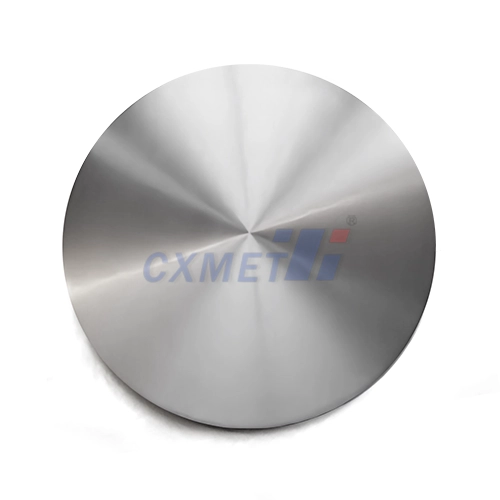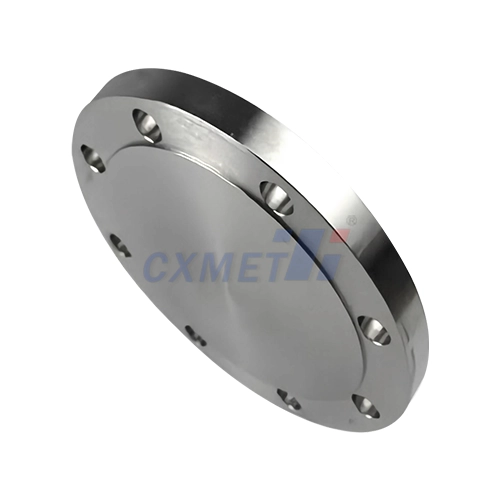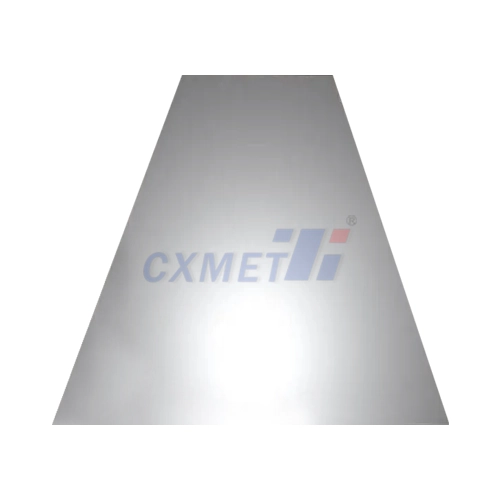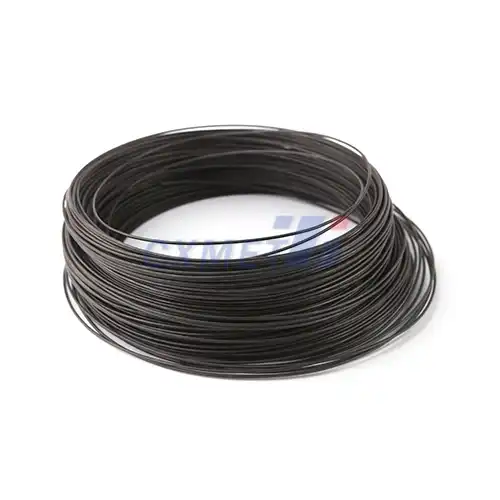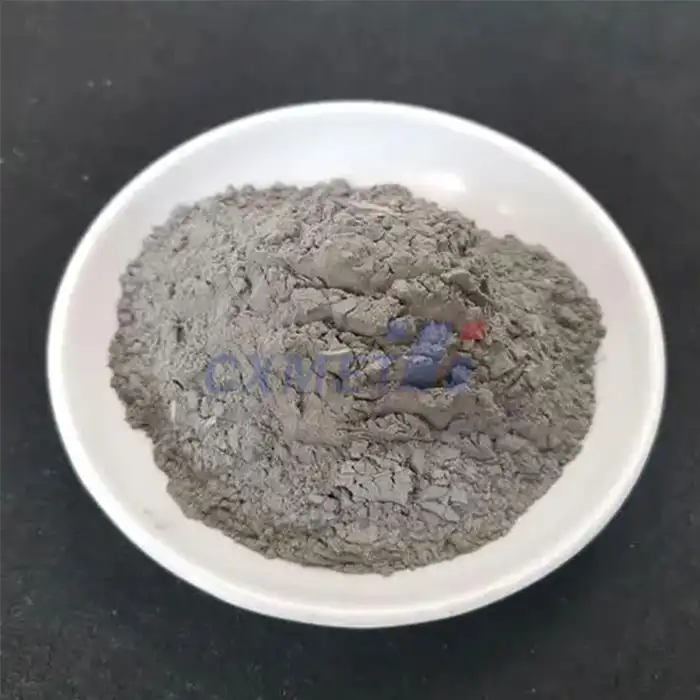- English
- French
- German
- Portuguese
- Spanish
- Russian
- Japanese
- Korean
- Arabic
- Greek
- German
- Turkish
- Italian
- Danish
- Romanian
- Indonesian
- Czech
- Afrikaans
- Swedish
- Polish
- Basque
- Catalan
- Esperanto
- Hindi
- Lao
- Albanian
- Amharic
- Armenian
- Azerbaijani
- Belarusian
- Bengali
- Bosnian
- Bulgarian
- Cebuano
- Chichewa
- Corsican
- Croatian
- Dutch
- Estonian
- Filipino
- Finnish
- Frisian
- Galician
- Georgian
- Gujarati
- Haitian
- Hausa
- Hawaiian
- Hebrew
- Hmong
- Hungarian
- Icelandic
- Igbo
- Javanese
- Kannada
- Kazakh
- Khmer
- Kurdish
- Kyrgyz
- Latin
- Latvian
- Lithuanian
- Luxembou..
- Macedonian
- Malagasy
- Malay
- Malayalam
- Maltese
- Maori
- Marathi
- Mongolian
- Burmese
- Nepali
- Norwegian
- Pashto
- Persian
- Punjabi
- Serbian
- Sesotho
- Sinhala
- Slovak
- Slovenian
- Somali
- Samoan
- Scots Gaelic
- Shona
- Sindhi
- Sundanese
- Swahili
- Tajik
- Tamil
- Telugu
- Thai
- Ukrainian
- Urdu
- Uzbek
- Vietnamese
- Welsh
- Xhosa
- Yiddish
- Yoruba
- Zulu
What is the Biocompatibility of Gr7 Titanium Wire?
2025-03-06 11:55:57
Gr7 titanium wire, also known as Grade 7 titanium wire, is a highly sought-after material in various medical and industrial applications due to its exceptional biocompatibility. This alloy, composed primarily of titanium with small amounts of palladium, offers a unique combination of strength, corrosion resistance, and biological inertness. The biocompatibility of Gr7 titanium wire refers to its ability to interact harmoniously with living tissues and organisms without causing adverse effects or reactions. This property makes it an ideal choice for medical implants, dental applications, and other biomedical devices where long-term contact with the human body is required.
|
|
|
How does Gr7 titanium wire compare to other biocompatible materials?
When comparing Gr7 titanium wire to other biocompatible materials, it consistently stands out as a superior option in many aspects. The addition of palladium to the titanium alloy enhances its already impressive corrosion resistance, making it particularly suitable for applications in highly corrosive environments, including the human body.
Compared to stainless steel, which is another commonly used biocompatible material, Gr7 titanium wire offers several advantages. Firstly, it has a significantly lower density, making it lighter and more comfortable for patients when used in medical implants. This lightweight property also contributes to reduced stress on surrounding tissues, promoting better healing and integration.
In terms of strength-to-weight ratio, Gr7 titanium wire outperforms many other biocompatible materials. This means that it can provide the necessary structural support while minimizing the overall bulk of the implant or device. Additionally, its elastic modulus is closer to that of human bone compared to materials like stainless steel or cobalt-chromium alloys, reducing the risk of stress shielding and promoting better bone remodeling in orthopedic applications.
Another significant advantage of Gr7 titanium wire is its exceptional resistance to crevice corrosion and stress corrosion cracking. This property is particularly crucial in medical applications where the material may be exposed to bodily fluids and varying mechanical stresses over extended periods. The enhanced corrosion resistance of Gr7 titanium wire ensures long-term stability and reduces the risk of material degradation or release of potentially harmful ions into the body.
Furthermore, Gr7 titanium wire exhibits excellent biocompatibility in terms of its interaction with proteins and cells. Its surface readily forms a stable oxide layer that promotes the adhesion and proliferation of cells, facilitating better integration with surrounding tissues. This property is particularly beneficial in dental implants and orthopedic applications where osseointegration is crucial for long-term success.
While other biocompatible materials like cobalt-chromium alloys or certain polymers may have specific advantages in certain applications, Gr7 titanium wire offers a versatile and reliable solution across a wide range of biomedical applications. Its combination of mechanical properties, corrosion resistance, and biological inertness makes it a preferred choice for many medical device manufacturers and surgeons.
What are the main applications of Gr7 titanium wire in medical devices?
Gr7 titanium wire finds extensive use in various medical devices and applications due to its exceptional biocompatibility and mechanical properties. One of the primary areas where this material excels is in dental implants. The wire is often used to create the core structure of dental implants, providing a strong and durable foundation for artificial teeth. Its ability to osseointegrate with the jawbone ensures a stable and long-lasting connection, reducing the risk of implant failure and improving patient outcomes.
In orthopedic surgery, Gr7 titanium wire is frequently employed in the fabrication of bone screws, plates, and intramedullary nails. These devices are crucial in the treatment of fractures and skeletal deformities. The wire's high strength-to-weight ratio allows for the creation of robust fixation devices that provide adequate support while minimizing the overall weight and bulk of the implant. This is particularly beneficial in reducing patient discomfort and promoting faster recovery times.
Neurosurgical applications also benefit from the use of Gr7 titanium wire. It is employed in the manufacturing of cranial plates, mesh implants, and aneurysm clips. The wire's biocompatibility and low magnetic susceptibility make it particularly suitable for use in proximity to the brain and nervous system. Its resistance to corrosion ensures long-term stability in the challenging environment of cerebrospinal fluid.
In the field of maxillofacial surgery, Gr7 titanium wire is used to create custom implants for facial reconstruction. Its malleability allows surgeons to shape the wire intraoperatively to achieve precise contours and optimal aesthetic results. The material's ability to integrate with surrounding tissues promotes better healing and reduces the risk of complications.
Spinal surgery is another area where Gr7 titanium wire plays a crucial role. It is used in the fabrication of spinal cages, rods, and screws for vertebral fusion procedures. The wire's strength and durability provide the necessary support for spinal stabilization, while its biocompatibility promotes fusion and reduces the risk of adverse reactions.
Beyond these specific applications, Gr7 titanium wire is also utilized in various other medical devices, including surgical instruments, external fixators, and prosthetic components. Its versatility, combined with its excellent mechanical and biological properties, continues to drive innovation in the medical device industry, leading to improved patient outcomes and expanded treatment options.
How is the biocompatibility of Gr7 titanium wire tested and validated?
The biocompatibility of Gr7 titanium wire is rigorously tested and validated through a comprehensive series of standardized procedures and protocols. These tests are designed to assess the material's safety and suitability for use in medical applications, ensuring that it meets the stringent requirements set by regulatory bodies such as the FDA and ISO.
Implantation studies represent a critical component of biocompatibility testing for Gr7 titanium wire. These studies involve surgically implanting samples of the material into animal models, typically rats or rabbits, for various periods ranging from short-term (days to weeks) to long-term (months to years). After the designated time, the surrounding tissues are examined for signs of adverse reactions, such as inflammation, necrosis, or encapsulation. Histological analysis is performed to assess the tissue response at the cellular level, providing valuable insights into the material's in vivo performance.
Hemocompatibility testing is particularly important for Gr7 titanium wire intended for use in cardiovascular applications. These tests evaluate the material's interaction with blood components, assessing factors such as hemolysis (destruction of red blood cells), platelet activation, and thrombogenicity (tendency to form blood clots). The results of these tests are crucial in determining the suitability of the wire for applications where it will come into direct contact with blood.
Genotoxicity and carcinogenicity studies are conducted to assess the potential of Gr7 titanium wire to cause genetic mutations or promote cancer development. These tests typically involve both in vitro and in vivo methods, including bacterial mutation assays and long-term animal studies. The absence of genotoxic or carcinogenic effects is essential for establishing the long-term safety of the material.
Corrosion testing is another critical aspect of validating the biocompatibility of Gr7 titanium wire. While titanium alloys are generally known for their excellent corrosion resistance, these tests ensure that the specific composition and manufacturing process of Gr7 titanium wire maintain this property. Electrochemical tests and immersion studies in simulated body fluids are conducted to evaluate the material's resistance to various forms of corrosion, including pitting, crevice corrosion, and stress corrosion cracking.
In addition to these specific tests, the biocompatibility of Gr7 titanium wire is also assessed through a comprehensive review of existing scientific literature and clinical data. This includes examining the long-term performance of similar titanium alloys in medical applications and analyzing any reported adverse events or complications.
It's important to note that biocompatibility testing is an ongoing process, and the requirements may evolve as new scientific knowledge emerges or regulatory standards change. Manufacturers of Gr7 titanium wire and medical devices incorporating this material must maintain rigorous quality control processes and continue to monitor the performance and safety of their products through post-market surveillance.
At SHAANXI CXMET TECHNOLOGY CO., LTD, we take pride in our extensive product range, which caters to diverse customer needs. Our company is equipped with outstanding production and processing capabilities, ensuring the high quality and precision of our products. We are committed to innovation and continuously strive to develop new products, keeping us at the forefront of our industry. With leading technological development capabilities, we are able to adapt and evolve in a rapidly changing market. Furthermore, we offer customized solutions to meet the specific requirements of our clients. If you are interested in our products or wish to learn more about the intricate details of our offerings, please do not hesitate to contact us at sales@cxmet.com. Our team is always ready to assist you.
|
|
|
|
References
- ASTM International. (2019). Standard Specification for Unalloyed Titanium, for Surgical Implant Applications (UNS R50700). ASTM F67-13.
- Williams, D. F. (2008). On the mechanisms of biocompatibility. Biomaterials, 29(20), 2941-2953.
- Niinomi, M. (2008). Mechanical biocompatibilities of titanium alloys for biomedical applications. Journal of the Mechanical Behavior of Biomedical Materials, 1(1), 30-42.
- Ratner, B. D., Hoffman, A. S., Schoen, F. J., & Lemons, J. E. (Eds.). (2004). Biomaterials science: an introduction to materials in medicine. Elsevier.
- ISO 10993-1:2018. Biological evaluation of medical devices — Part 1: Evaluation and testing within a risk management process.
- Elias, C. N., Lima, J. H. C., Valiev, R., & Meyers, M. A. (2008). Biomedical applications of titanium and its alloys. JOM, 60(3), 46-49.
- Geetha, M., Singh, A. K., Asokamani, R., & Gogia, A. K. (2009). Ti based biomaterials, the ultimate choice for orthopaedic implants–a review. Progress in Materials Science, 54(3), 397-425.
- Hanawa, T. (2019). Titanium-tissue interface reaction and its control with surface treatment. Frontiers in Bioengineering and Biotechnology, 7, 170.
- Chen, Q., & Thouas, G. A. (2015). Metallic implant biomaterials. Materials Science and Engineering: R: Reports, 87, 1-57.
- Brunette, D. M., Tengvall, P., Textor, M., & Thomsen, P. (Eds.). (2012). Titanium in medicine: material science, surface science, engineering, biological responses and medical applications. Springer Science & Business Media.





